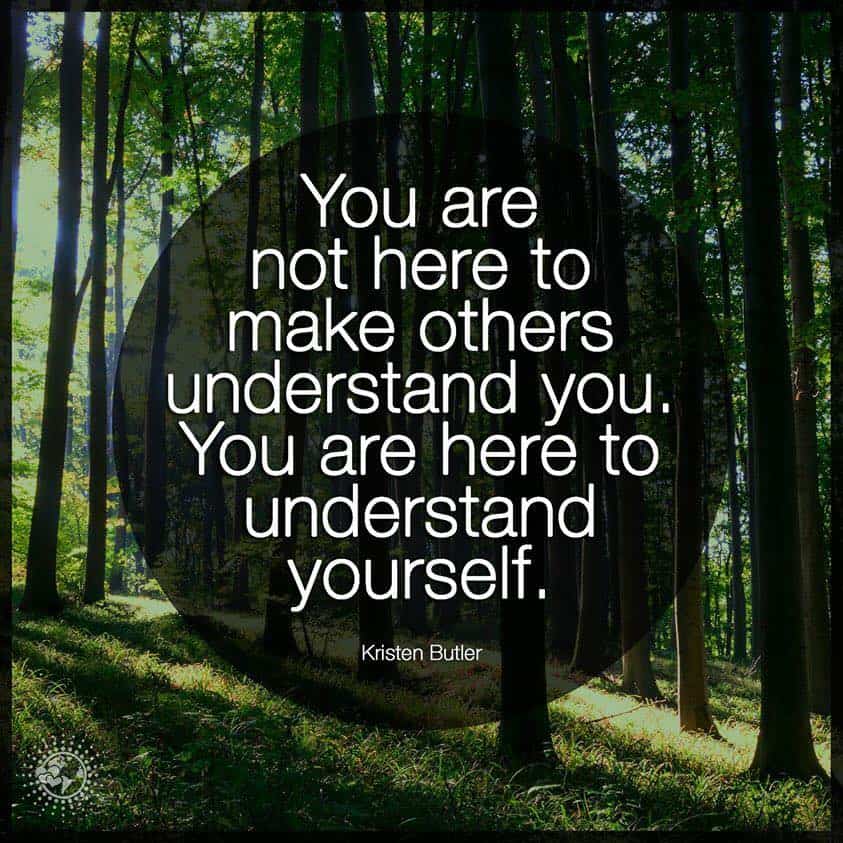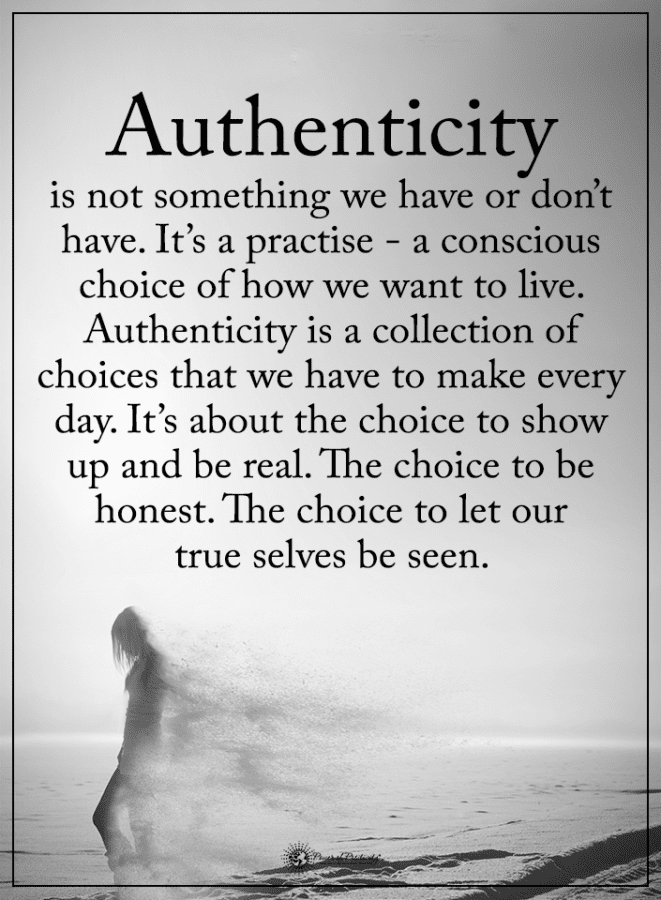Isabel Myers and her mother, Katharine Cook Briggs, are developers of the Myers-Briggs Type Indicator (MBTI). Cook-Briggs devoted her entire life to “(enabling) individuals to grow through an understanding and appreciation of individual differences in healthy personalities and enhance harmony and productivity in diverse groups.”
Upon the passing of her mother, Isabel Myers continued her mother’s important work. Myers efforts are commendable and have advanced her mother’s pioneering theories (based on Carl Jung’s observations) to millions around the world.
The MBTI instrument in its current form is the product of years of painstaking psychological research and testing. The groundbreaking psychological assessment has been officially translated into 30 languages.
The MBTI “describes differences in how people approach the world, take in information, and make decisions.” The MBTI instrument is currently implemented by numerous organizations, e.g., government, business, and academia.
Most importantly, the MBTI provides individuals with invaluable knowledge about how their mind works.
“The understanding of your (personality) type can make your perceptions clearer, your judgments sounder, and your life closer to your heart’s desire.” – Isabel Briggs Myers
Factors
The determination of one’s personality “type” – of which there are 16 possibilities – is the result of individual preferences in four areas (in their respective orders):
- Favorite world: Do you prefer to focus on the outer world or your inner world? This is labeled Extraversion (‘E’) or Introversion (‘I’).
- Information: Do you prefer to focus on the basic information you take in or do you prefer to interpret and add meaning? This is labeled Sensing (‘S’) or Intuition (‘N’).
- Decisions: When making decisions, do you prefer to look at logic and consistency or first look at the people and special circumstances? This is labeled Thinking (‘T’) or Feeling (‘F’).
- In daily life, do you prefer to get things decided or do you prefer to stay open to new information and options? This is labeled Judging (‘J’) or Perceiving (‘P’).

16 Personality Types
First, it is important to understand that no “best type” exists. MBTI doesn’t measure intellect or character – it’s simply a tool to help you understand your personality and how your brain operates.
Second, everyone has some degree of each of the four traits. The instrument is designed to measure your preference and is not an absolute.
Third, MBTI personality types are represented by four letters. For example, ESTJ, INTP – and so on.
Alright, let’s get to the fun stuff. Can you identify with one of these types? (For ease and fun, we’ve used descriptive words and potential occupations.)
Which One of the 16 Personality Types Are You?
Extroverts
– ESFJ: Happy, conscientious, loyal, harmonizing, “people-person,” sociable, tactful, warm.
Jobs: Elementary teacher, Child care provider, School Administrator, Health Care Administrator, Special Needs Teacher/Assistant.
– ESTJ: Logical, organized, assertive, practical, results-oriented, analytical, systematic, responsible.
Jobs: Military/Police Officer, Stockbroker, Sales Manager, Real Estate Agent, Chef, Office Manager.
– ESFP: Accepting, cooperative, friendly, passionate, commonsensical, loving, realistic, fun.
Jobs: Social Worker, Psychologist, Counselor, Mental Health Professional, Teacher, Scientist, Journalist, Physical Trainer, Nutritionist/Dietitian, Artist.
– ESTP: Energetic, flexible, spontaneous, “hands-on,” pragmatic, tolerant, hardworking, skillful.
Jobs: Carpenter, Mechanic, Building Inspector, Landscape Architect, Surveyor, Forester, Teacher (especially shop or home economics).
– ENTJ: Assertive, critical, logical, strategic, visionary, initiating, planner, organized.
Jobs: Accountant, Community Organizer, Loan Officer, Marketing Manager, IT Professional, Executive.
– ENTP: Practical, straightforward, decisive, quick-witted, outspoken, resourceful, analytical.
Jobs: Entrepreneur, HR Recruiter, Architect, Engineer, Geologist, Detective, Public Administrator, Director, Social Scientist.
– ENFJ: Sociable, expressive, enthusiastic, idealistic, imaginative, conscientious, warm, and tactful.
Jobs: Teacher, Counselor, Therapist, Administrator, Sales Representative, Politician.
– ENFP: Warm, enthusiastic, imaginative, appreciative, supportive, spontaneous, flexible, wordsmith.
Jobs: Counselor, Non-profit executive, Trainer, Human Rights Lawyer, Community Organizer, HR Director.
Introverts
ISTJ: Dependable, serious, quiet, realistic, thorough, logical, focused, orderly, traditional.
Jobs: Military/Police, Attorney, Accountant, Manager, Economist, Farmer/Rancher, Librarian, Mortician
ISTP: Flexible, tolerant, quiet, analyzing, practical, fact-oriented, efficient.
Jobs: Carpenter, Mechanic, Surveyor, Landscape Architect, Forester, Rancher/Farmer, Quality Assurance.
ISFJ: Conscientious, friendly, responsible, loyal, committed, stead, precise, sensitive.
Jobs: Dentist, Family Physician, Nurse, Speech Pathologist, Therapist, Veterinarian, Health Care Aid.
ISFP: Kind, friendly, creative sensitive, loyal, idealistic, conflict-averse, quiet, respectful.
Jobs: Artist, Chef, Cosmetologist, Interior Designer, Jeweler, Fashion Designer/Executive, Writer/Poet.
INFJ: Decisive, insightful, committed, clarity of mind, humanitarian, organized.
Jobs: Clinical Psychologist, Counselor, Speech Pathologist, Clergyman/Clergywoman, Social Worker, Poet/Writer.
INFP: Idealistic, curious, loyal, adaptable, flexible, accepting, understanding, promoting.
Jobs: Author, English Teacher, Counselor, Non-profit executive, Physical Therapist, Psychologist, Massage Therapist.
INTP: Abstract, logical, theoretical, adaptable, contained, quiet, skeptical, analytical.
Jobs: Computer Scientist, Graphic Designer, Musician, Editor, Photographer, Lawyer, Physician.
INTJ: Original, innovative, independent, skeptical, competent, driven.
Jobs: Accountant, Analyst, Statistician/Mathematician, Editor, Photographer, Technical Writer, Professor, Construction Manager.
In Closing
Plenty of free resources can “test” your personality type. If you feel that understanding your MBTI will help you in any way, please see the reference section immediately following this article.
We hope this information was fun and potentially useful! Cheers to your unique persona!














